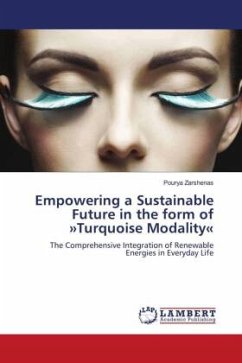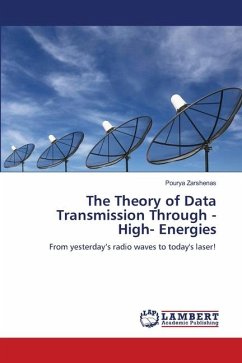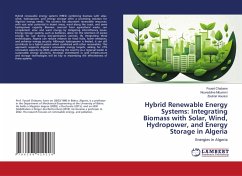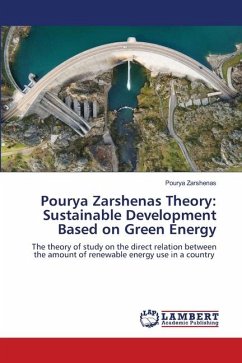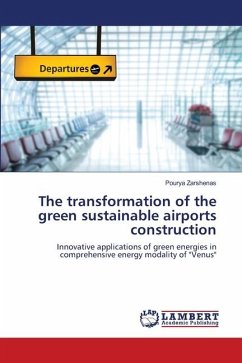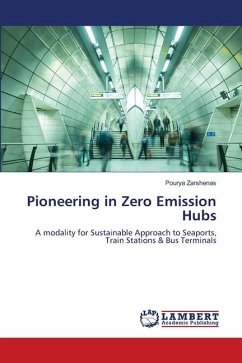The book provides a comprehensive exploration of Algeria's wind energy potential, highlighting its geographical diversity, including favorable wind conditions in coastal regions and strong winds in the Saharan desert. It examines different turbine types-Horizontal-Axis Wind Turbines (HAWTs), Vertical-Axis Wind Turbines (VAWTs), and hybrid models-tailoring them to the unique conditions of various regions. Coastal areas are ideal for HAWTs, while VAWTs are suited for regions with turbulent winds, and the Sahara requires robust or hybrid turbines to withstand extreme conditions. The methodology includes wind speed data collection, turbine performance testing, and simulation tools for energy output prediction. Case studies from diverse regions help identify the most suitable turbine types. The performance and feasibility analysis covers wind speed, turbine efficiency, economic aspects (installation costs, maintenance, payback periods), and environmental challenges like dust, sandstorms, and corrosion.
Bitte wählen Sie Ihr Anliegen aus.
Rechnungen
Retourenschein anfordern
Bestellstatus
Storno




